ARTICLE AD BOX

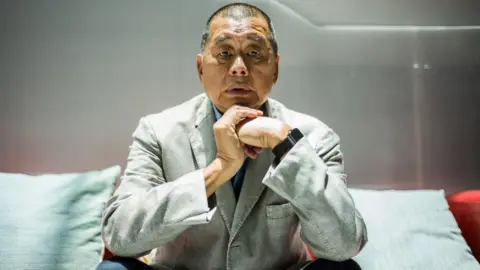 Getty Images
Getty Images
Lai is on trial for breaching national security and colluding with foreign forces
Hailed by some as a hero and scorned by others as a traitor, Hong Kong's pro-democracy media tycoon Jimmy Lai is in the final stage of his national security trial.
Closing arguments begin on Thursday for Lai, who is accused of colluding with foreign forces under a Beijing-imposed national security law.
The trial has drawn international attention, with UK Prime Minister Sir Keir Starmer calling for Lai's release. The 77-year-old has British as well as Chinese citizenship - though China does not recognise dual nationality, and therefore considers Lai to be exclusively Chinese.
Lai has been detained since December 2020 and faces a maximum sentence of life imprisonment if he is convicted.
Critics say Lai's case shows how Hong Kong's legal system has been weaponised to silence political opposition.
Lai has been a persistent thorn in China's side. Unlike other tycoons who rose to the top in Hong Kong, Mr Lai became one of the fiercest critics of the Chinese state and a leading figure advocating democracy in the former British territory.
"I'm a born rebel," he told the BBC in an interview in 2020, hours before he was charged. "I have a very rebellious character."
He is the most prominent person charged under the controversial national security law which China introduced in 2020, in response to massive protests which erupted in Hong Kong the year before.
The legislation criminalises a wider range of dissenting acts which Beijing considers subversion and secession, among other things.
Beijing says the national security law is necessary to maintain stability in Hong Kong but critics say it has effectively outlawed dissent.
Over the years, Lai's son Sebastien has called for his release. In February, the younger Lai urged Starmer and US President Donald Trump to take urgent action, adding that his father's "body is breaking down".
Rags to riches
Lai was born in Guangzhou, a city in southern China, to a wealthy family that lost everything when the communists took power in 1949.
He was 12 years old when he fled his village in mainland China, arriving in Hong Kong as a stowaway on a fishing boat.
While working odd jobs and knitting in a small clothing shop he taught himself English. He went from a menial role to eventually founding a multi-million dollar empire including the international clothing brand Giordano.
The chain was a huge success. But when China sent in tanks to crush pro-democracy protests in Beijing's Tiananmen Square in 1989, Lai began a new journey as a vocal democracy activist as well as an entrepreneur.
He started writing columns criticising the massacre that followed the demonstrations in Beijing and established a publishing house that went on to become one of Hong Kong's most influential.

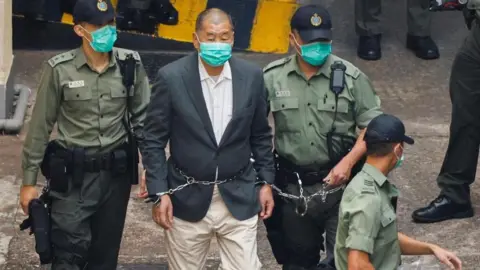 Reuters
Reuters
Lai is among the most prominent people charged under Hong Kong's controversial national security law
As China responded by threatening to shut his stores on the mainland, leading him to sell the company, Lai launched a string of popular pro-democracy titles that included Next, a digital magazine, and the widely read Apple Daily newspaper.
In a local media landscape increasingly fearful of Beijing, Lai had been a persistent critic of Chinese authorities both through his publications and writing.
This has seen him become a hero for many in Hong Kong, who view him as a man of courage who took great risks to defend the freedoms of the city.
But on the mainland he is viewed as a "traitor" who threatens Chinese national security.
In recent years, masked attackers firebombed Lai's house and company headquarters. He was also the target of an assassination plot.
But none of the threats stopped him from airing his views robustly. He was a prominent part of the city's pro-democracy demonstrations and was arrested twice in 2021 on illegal assembly charges.

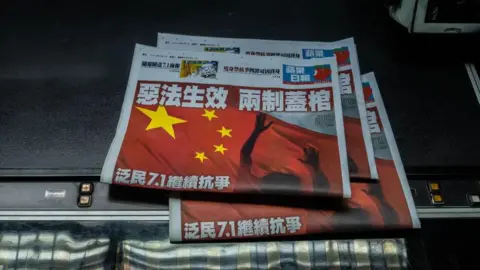 Getty Images
Getty Images
Apple Daily was unafraid to be openly critical of the Chinese state
When China passed Hong Kong's new national security law in June 2020, Lai told the BBC it sounded the "death knell" for the territory.
The influential entrepreneur also warned that Hong Kong would become as corrupt as China. Without the rule of law, he said, its coveted status as a global financial hub would be "totally destroyed".
The media mogul is known for his frankness and acts of flamboyance.
In 2021, he urged Donald Trump to help the territory, saying he was "the only one who can save us" from China. His newspaper, Apple Daily, published a front-page letter that finished: "Mr President, please help us."
For Lai, such acts were necessary to defend the city which had taken him in and fuelled his success.
He once told news agency AFP: "I came here with nothing, the freedom of this place has given me everything... Maybe it's time I paid back for that freedom by fighting for it."
Lai has been slapped with various charges - including unauthorised assembly and fraud since 2020.
He has been in custody since December of that year.
The prosecution of Lai has captured international attention, with rights groups and foreign governments urging his release.
Over the years, Sebastien Lai has travelled the world to denounce his father's arrest and condemn Hong Kong for punishing "characteristics that should be celebrated".
"My father is in jail for the truth on his lips, courage in his heart, and freedom in his soul," he had said.

 3 hours ago
6
3 hours ago
6

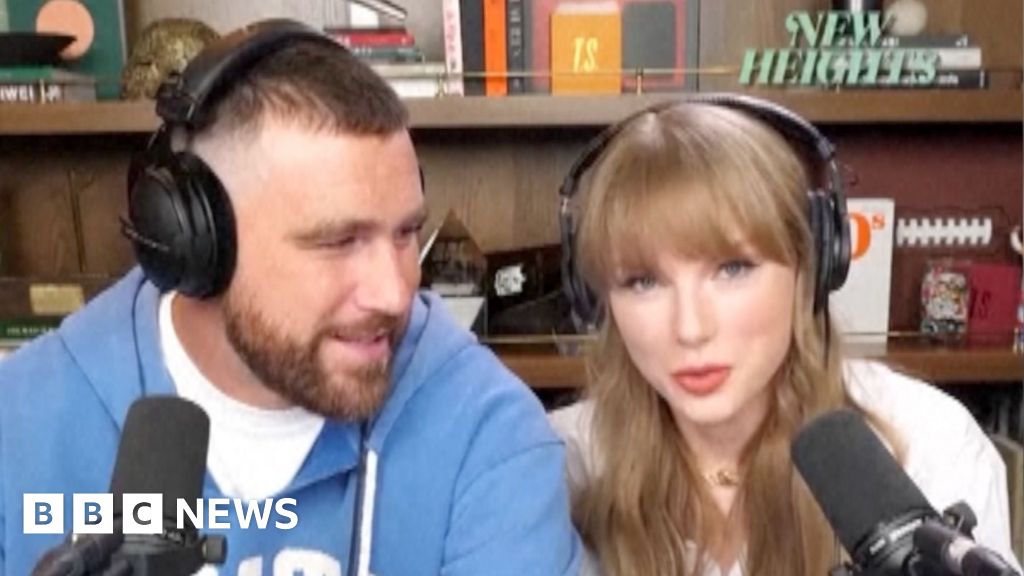
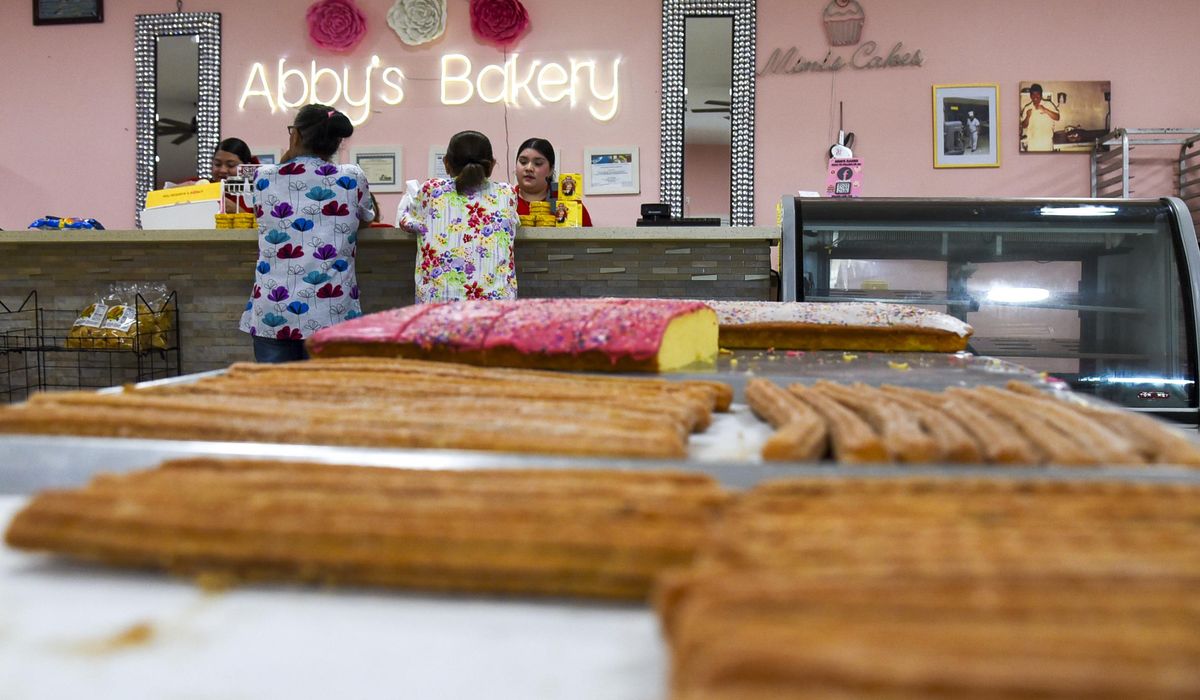





 English (US) ·
English (US) ·